Welcome to Perazim creative compass, where we start with a central thought-provoking question and then explore related sub-questions over a 10-15 minute timeframe.
Interviewee: Sara Osaya @saraobehi
Category: Dance
Written by: Kevin J. Graham @perazimmagazine
Interviewed by: Sophia Karydis @sophiakarydis
Photography by: Randerick Bishop @kaangproductions
Narratives Through Dance: Sara Osaya’s Journey into Afrodance
Introduction: This week, Sophia Karydis (@sophiakarydis) takes us into the vibrant world of dance, featuring Sara Osaya, professional dancer and member of AfroQueens dance company. Sara shares experiences of honouring African culture whilst exploring changing trends in dance. The @perazimmagazineteam brings you an in-depth look at how Sara navigates the intersection of tradition and innovation.
How Sara’s dance journey started: Sara started dancing as a teenager in after school clubs and Streetdance classes. “I’d always been around Afrobeat, whether it was through my parents or wider family and friends, but listening to Hip-Hop & RnB is where it started for me”. She discovered Azonto music right before starting university and that’s where the curiosity grew. The driving forces of the bass & high speed drums caught her attention and a love for the style started to form.
Blending tradition with modern trends: Sara’s choreography now mainly includes Azonto steps and movement, a style from Ghana which developed from a traditional style called Kpanlogo. She also uses vocab from other styles she’s trained in such Hip Hop/Street. When these come together, the blend can be called “Afro Fusion.” She explains this is seen a lot in the current dance scene but “the importance is respecting and understanding the roots if you’re going to be adding a contemporary twist.” Social media has played a significant role in popularising Afro Dance, but Sara cautions against losing sight of the cultural significance behind the moves.

Challenges in representing cultural identity: One of the biggest challenges Sara faces is maintaining cultural authenticity as someone partaking in a culture that isn’t their own. “As a Nigerian, it’s important not to assume anything and treat Azonto or any other African Dance Style as something completely new. There’s a fine line between inspiration and appropriation,” she says. To combat this, AfroQueens train hard to share history and cultural context of the dances they perform and teach. “Education is key,” she emphasises. “We can’t preserve the culture if we don’t understand it.”
Connecting cultures through dance: Sara’s passion for cultural exchange has taken her to dance festivals worldwide. “It’s amazing to see how different styles influence each other,” she shares. Meeting dancers from countries such as Spain, Colombia and South Africa has expanded her perspective and enriched her choreography. “Dance is a universal language. It’s a way of sharing without words,” she reflects.
Upcoming projects and future goals: Sara also highlighted a major milestone, a production written, choreographed and directed by AfroQueens founder/teacher Olu Alatise called Journal of Seven. A theatrical dance piece based on the seven deadly sins interpreted through an African (Nigerian to be precise) cultural lens. The production was full of emotion and discussion topics and they’ve just completed another run this month. “It’s a project that challenges stereotypes and taboos but also, highlights African traditions.”
Final reflections: Sara’s commitment to African dance culture continues and her innovative approach to dance offer a powerful message about the importance of cultural authenticity. “Dance is about more than just moves—it’s education and a chance to tell a story,” she says. “And I want my story to honour whatever I learn whilst embracing where I’m headed.”
Coming next week: Don’t miss our final feature in this series, where Sophia Karydis sits down with Tori Oby, a celebrity stylist who’s redefining fashion by blending traditional Nigerian elements with contemporary design trend

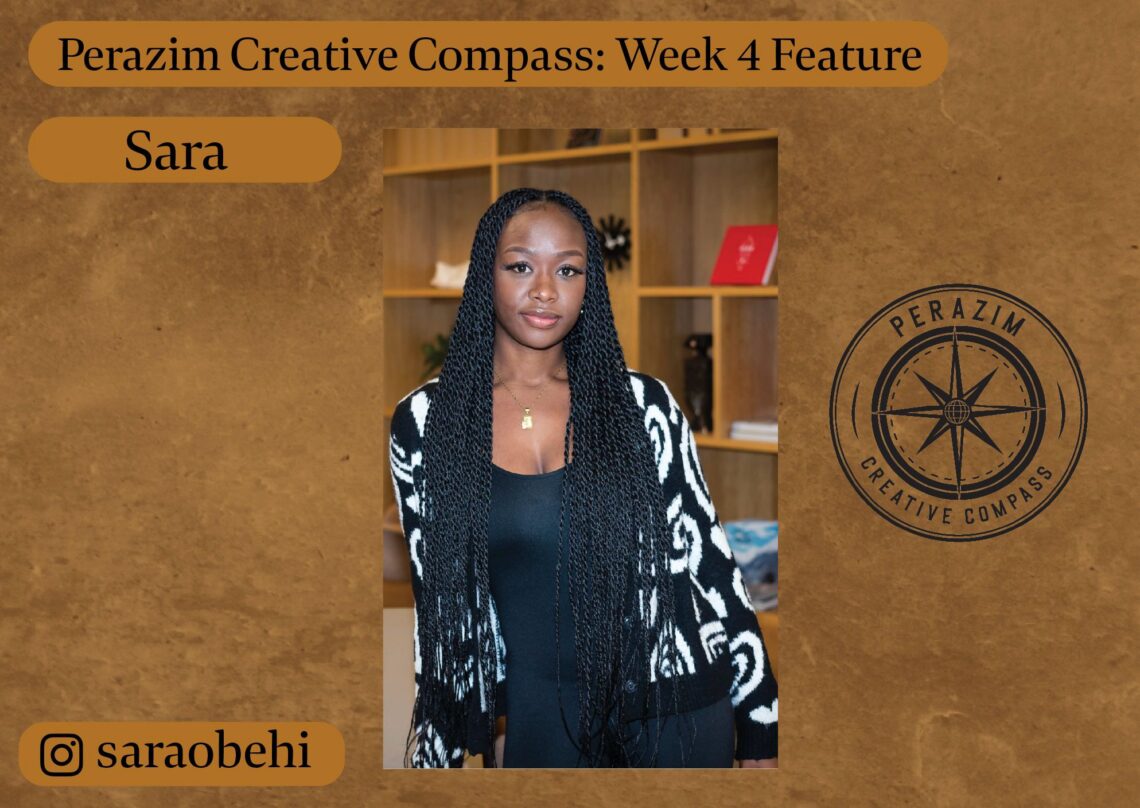

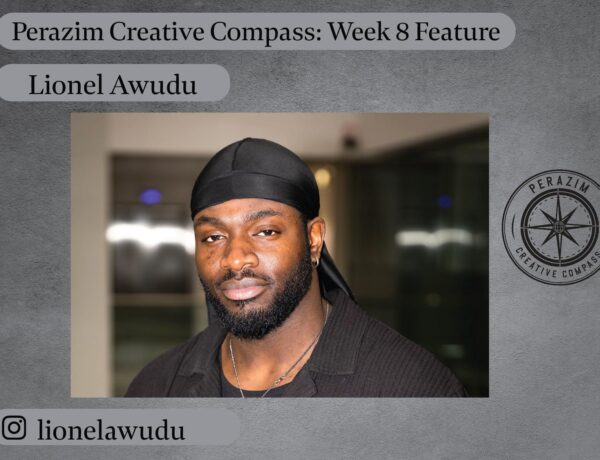
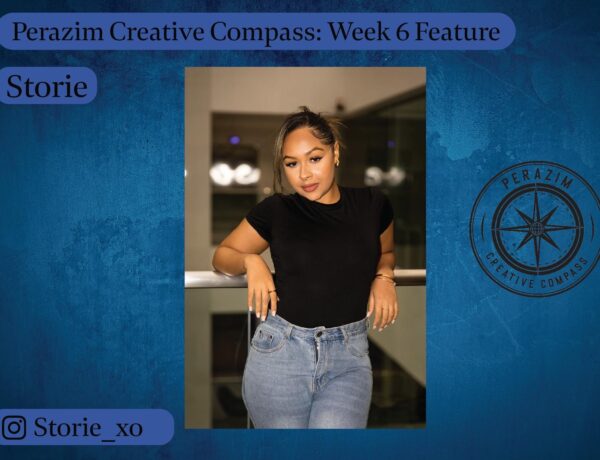
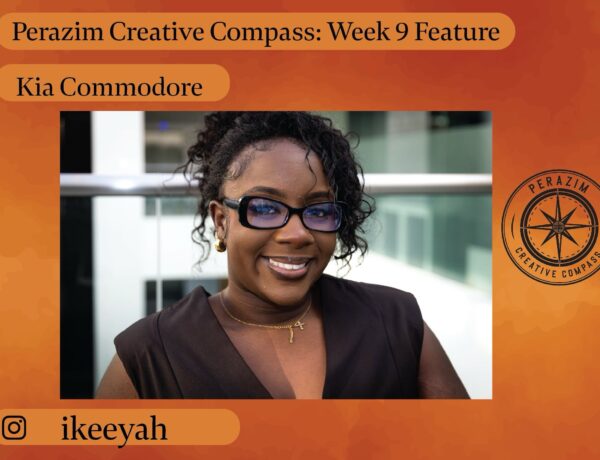
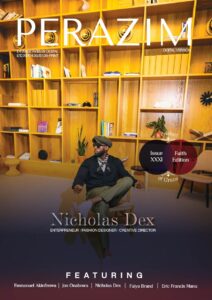
No Comments